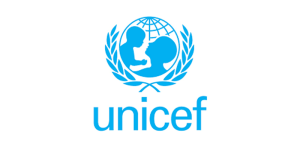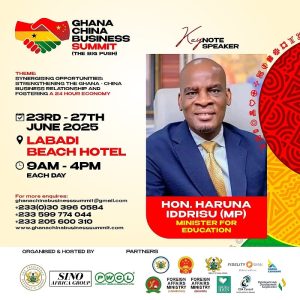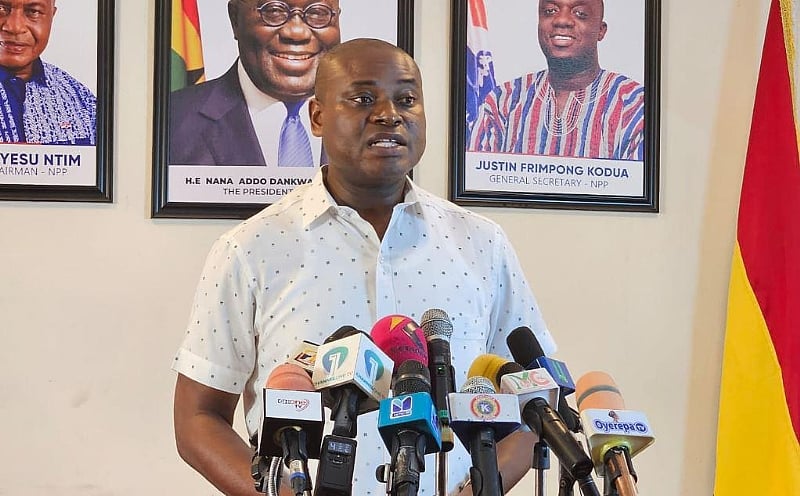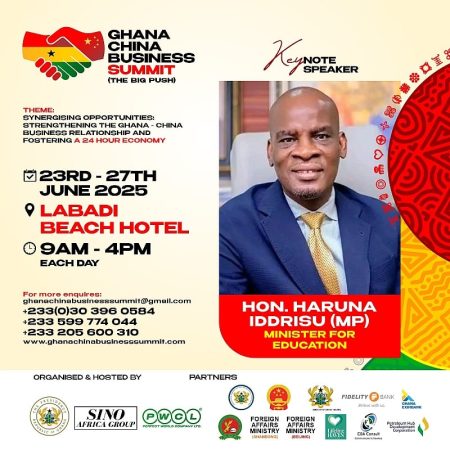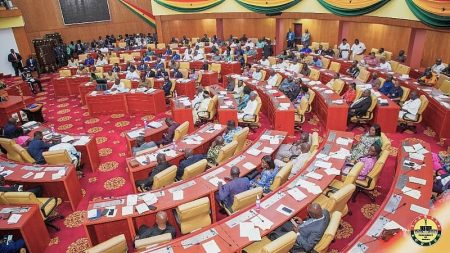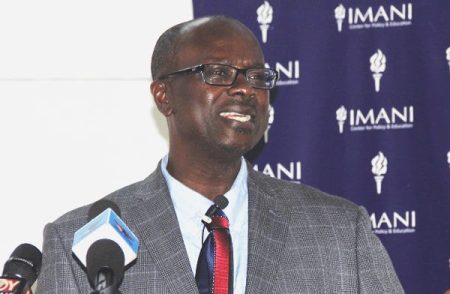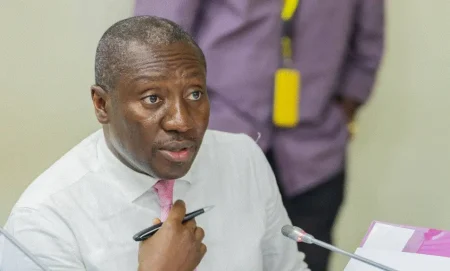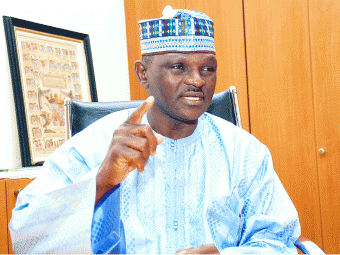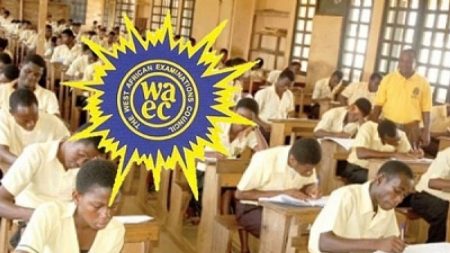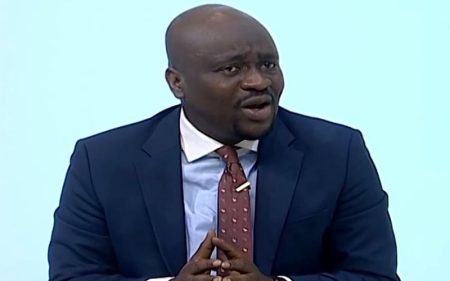The New Patriotic Party (NPP), Ghana’s primary opposition party, has initiated a strategic shift in its electoral planning by scheduling its 2028 presidential primaries for January 31, 2026, significantly earlier than traditional timelines. This decision, justified by the party’s National Communications Director, Richard Ahiagbah, marks a departure from the conventional sequencing of internal party elections and has sparked both interest and concern within the political landscape. Ahiagbah argues that the early selection of a flagbearer is pivotal to invigorating the party’s reorganization efforts and focusing its energies on reclaiming power from the incumbent National Democratic Congress (NDC) in the 2028 general elections. He emphasizes that the presence of a designated presidential candidate will serve as a unifying force and provide a clear direction for the party’s restructuring, thereby maximizing its chances of electoral success.
Ahiagbah addresses the anxieties surrounding this unconventional approach, acknowledging that the decision to prioritize the presidential primaries over the reorganization of party structures is a novel one, understandably prompting questions and concerns among some members. He believes, however, that these apprehensions will dissipate as the rationale behind the decision becomes clearer and members embrace the National Council’s strategic vision. He underscores the potential benefits of this early selection, arguing that it will galvanize the party base, streamline the reorganization process, and provide ample time for the chosen candidate to consolidate support and develop a comprehensive campaign strategy. This proactive approach, according to Ahiagbah, is essential for the NPP to effectively challenge the NDC and regain control of the government.
The NPP’s roadmap outlines a series of internal elections culminating in the presidential primaries. Polling station executive elections are slated for December 6, 2025, setting the stage for the subsequent selection of constituency, regional, and national executives, though the dates for these elections remain to be announced. The decision to hold the presidential primaries before completing the reorganization of lower-level party structures has drawn criticism from some quarters. Critics argue that prioritizing the flagbearer selection could potentially disenfranchise grassroots members and undermine the importance of a strong, unified party structure leading into a national election.
Dissenting voices within the NPP and among political analysts contend that a bottom-up approach to party reorganization, starting with grassroots elections and culminating in the selection of national leaders and ultimately the presidential candidate, is a more effective strategy. They argue that building a solid foundation from the ground up ensures a stronger, more cohesive party capable of mobilizing support and effectively campaigning. By reversing this order, critics fear that the NPP risks internal divisions and may struggle to effectively channel its resources and message to the electorate. They emphasize the importance of a robust and representative party structure to ensure that the chosen flagbearer has the necessary support and infrastructure to run a successful campaign.
The debate surrounding the NPP’s electoral strategy highlights the complexities of internal party dynamics and the challenges of balancing competing priorities in a competitive political landscape. While the party leadership believes that an early selection of the flagbearer will provide a focal point for its reorganization efforts and strengthen its chances of victory in 2028, critics argue that prioritizing the presidential primaries over grassroots reorganization could weaken the party’s foundation and ultimately hinder its electoral prospects. The outcome of this strategic gamble remains to be seen and will undoubtedly be a subject of intense scrutiny in the lead-up to the 2028 elections.
The NPP’s decision underscores the inherent tension between the need for a strong, unified party structure and the desire to project an image of stability and leadership by presenting a presidential candidate early in the electoral cycle. The party’s success in 2028 will depend on its ability to effectively address these competing priorities and build a cohesive campaign strategy that resonates with the electorate. The coming months will be crucial for the NPP as it navigates the challenges of internal reorganization, manages dissenting voices, and seeks to regain the trust and support of the Ghanaian people. The unfolding political landscape and the effectiveness of the NPP’s chosen strategy will undoubtedly shape the outcome of the 2028 general elections.


